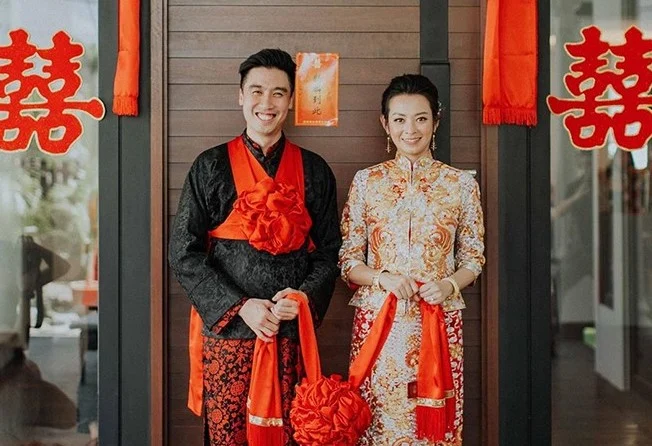In Chinese culture, selecting an auspicious wedding date is paramount as it’s believed to influence the couple’s future happiness and prosperity. Conversely, certain months are deemed inauspicious for weddings due to cultural, traditional, and astrological reasons. Here are five points that traditionally label months unsuitable for Chinese weddings.
1. Ghost Month (7th Lunar Month)
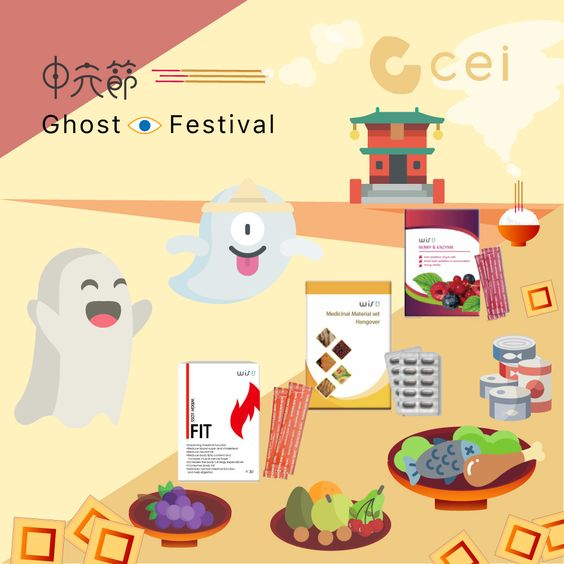

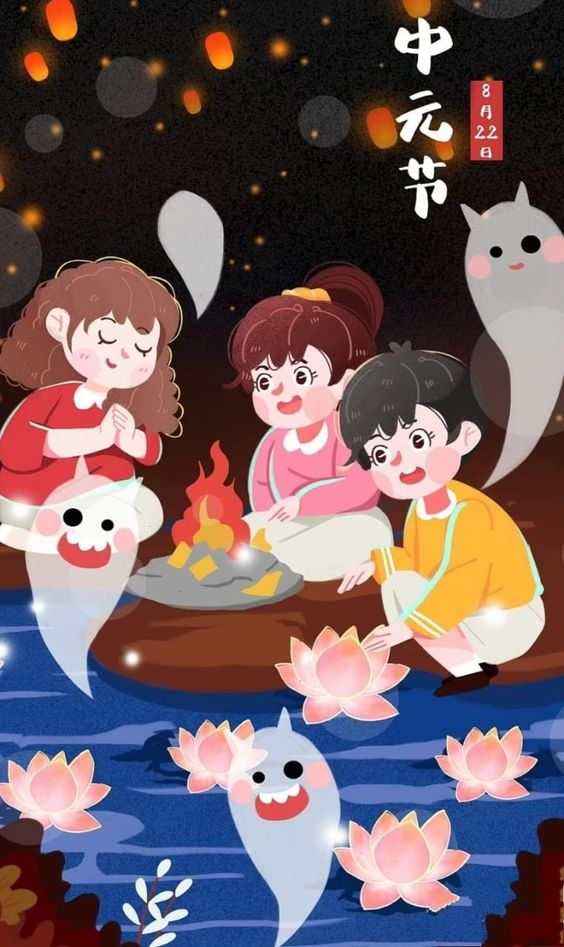
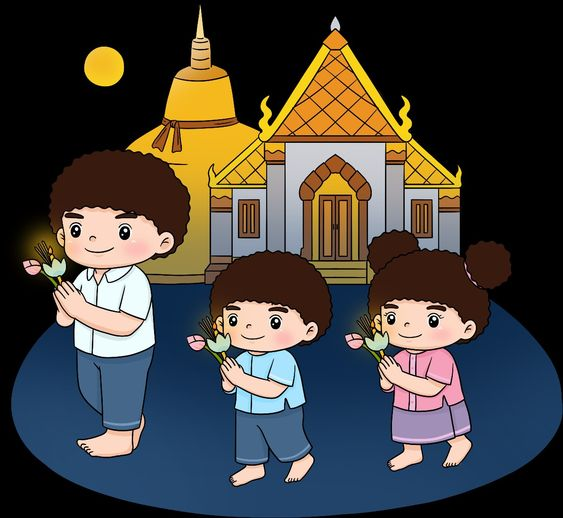

In Chinese culture, people consider the seventh lunar month, known as the Ghost Month, highly inauspicious for weddings. During this month, people believe that the gates of the underworld open, and spirits roam the earth, potentially bringing misfortune and bad luck to newlyweds in Chinese culture.
2. Yin Month (12th Lunar Month)
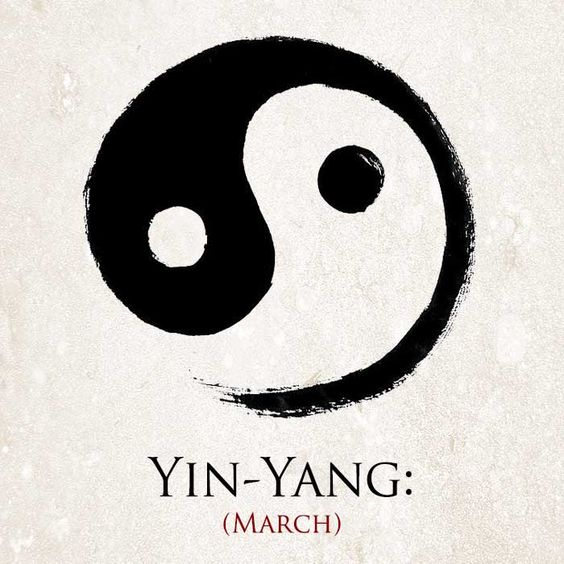
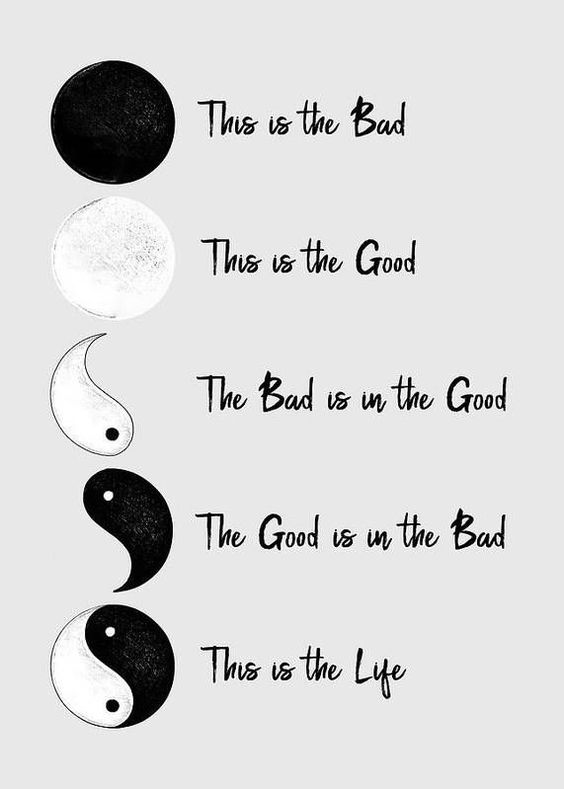
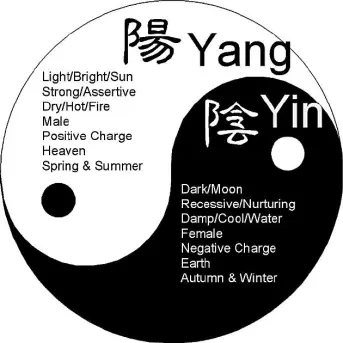
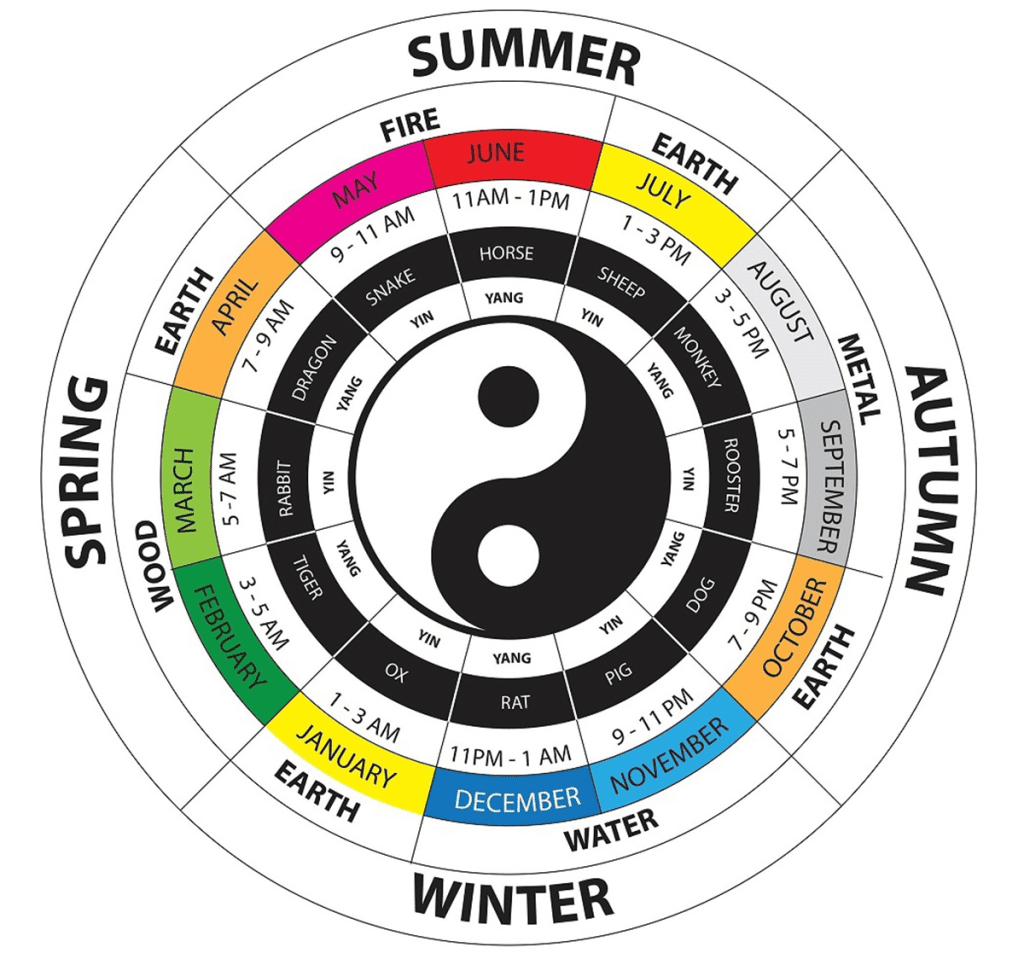
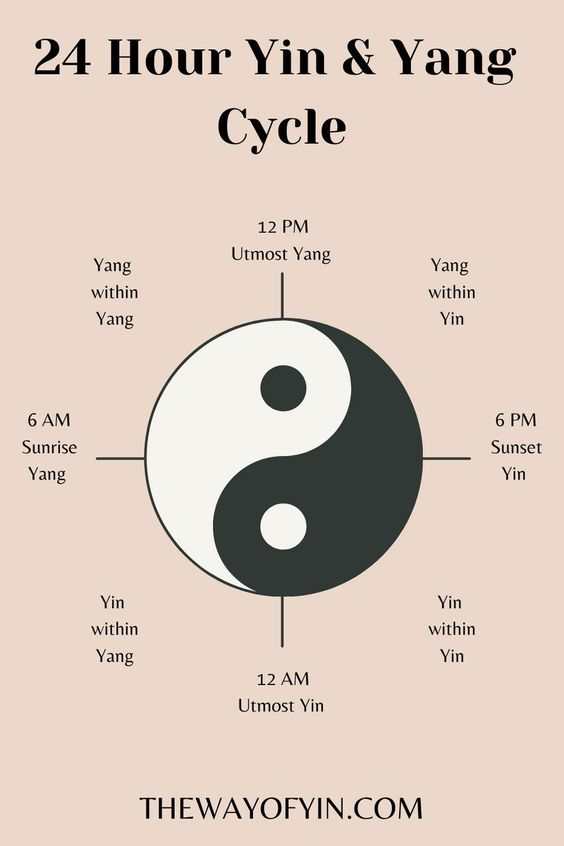
In Chinese culture, people traditionally avoid scheduling weddings in the twelfth lunar month, also known as the Yin Month, due to its association with endings and closure. Couples generally refrain from planning weddings during this month to avoid starting their married life with negative energy or symbolic implications of closure.
3. Lunar Leap Months
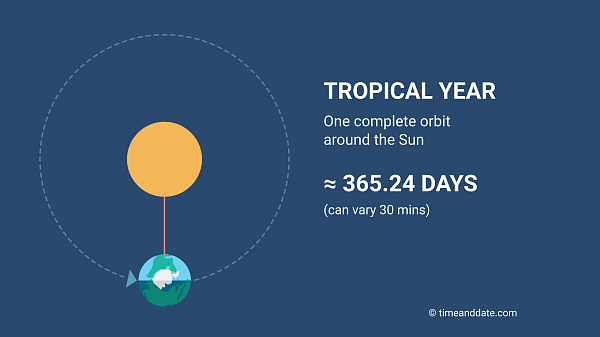
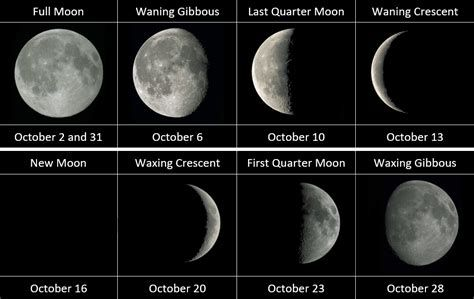
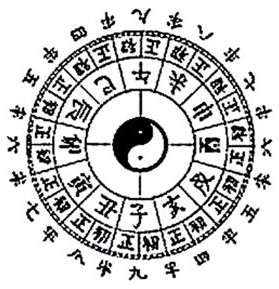


Chinese culture generally views lunar leap months, occurring periodically in the lunar calendar to align with the solar calendar, as unfavorable for weddings. People believe these months disrupt the natural flow of time and may introduce uncertainty or instability to the union.
4. Lunar New Year Period
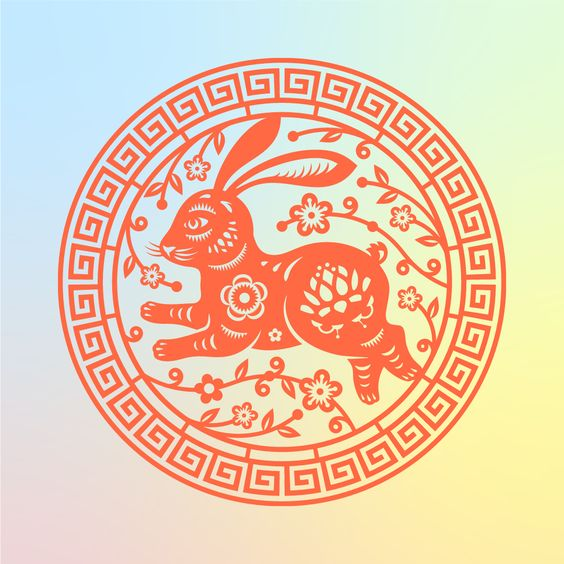

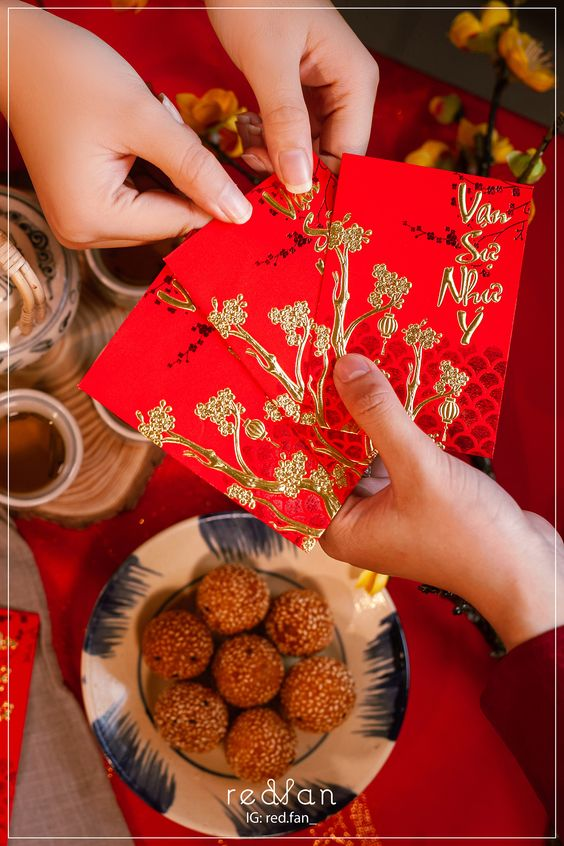
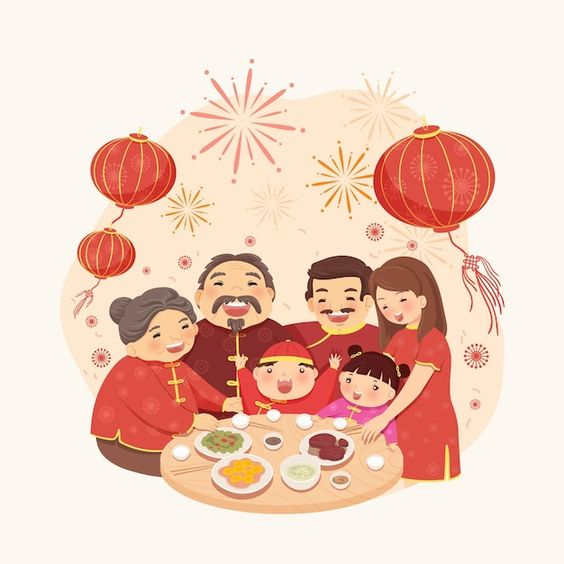
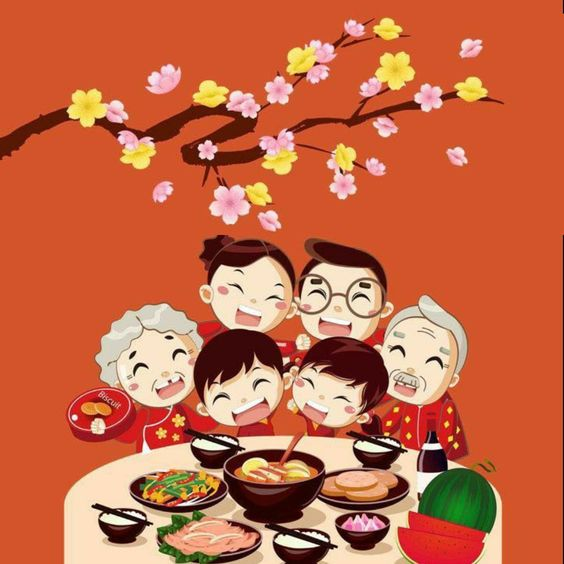
While people joyously celebrate and gather with family during the Lunar New Year period, it is generally avoided for weddings in Chinese culture. Many families prefer not to schedule weddings during this time to avoid overshadowing the auspiciousness of the Lunar New Year festivities with personal celebrations.
5. QingMing Festival (Tomb-Sweeping Day)
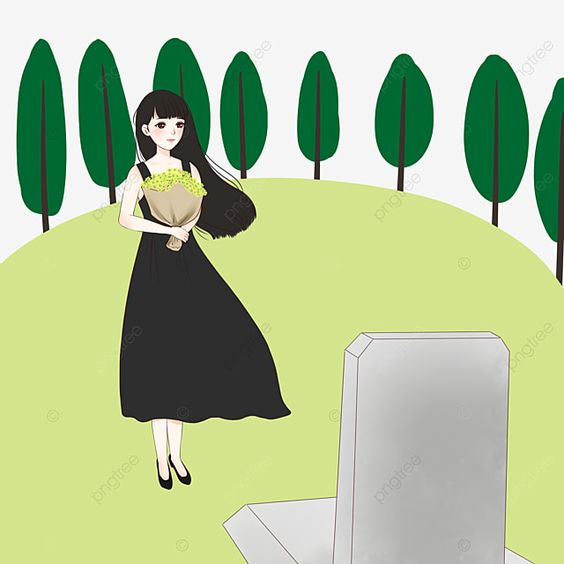

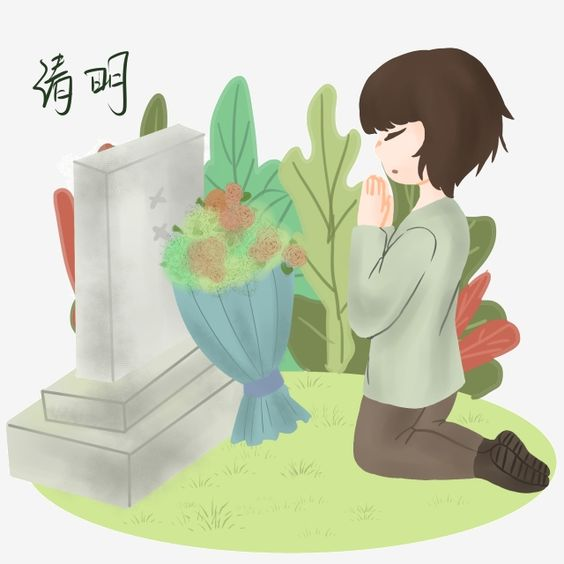


The QingMing Festival, also known as Tomb-Sweeping Day, is a time for paying respects to ancestors and honoring the deceased. Due to its solemn and reflective nature, couples typically avoid scheduling weddings during this period out of respect for the cultural significance of the festival.









